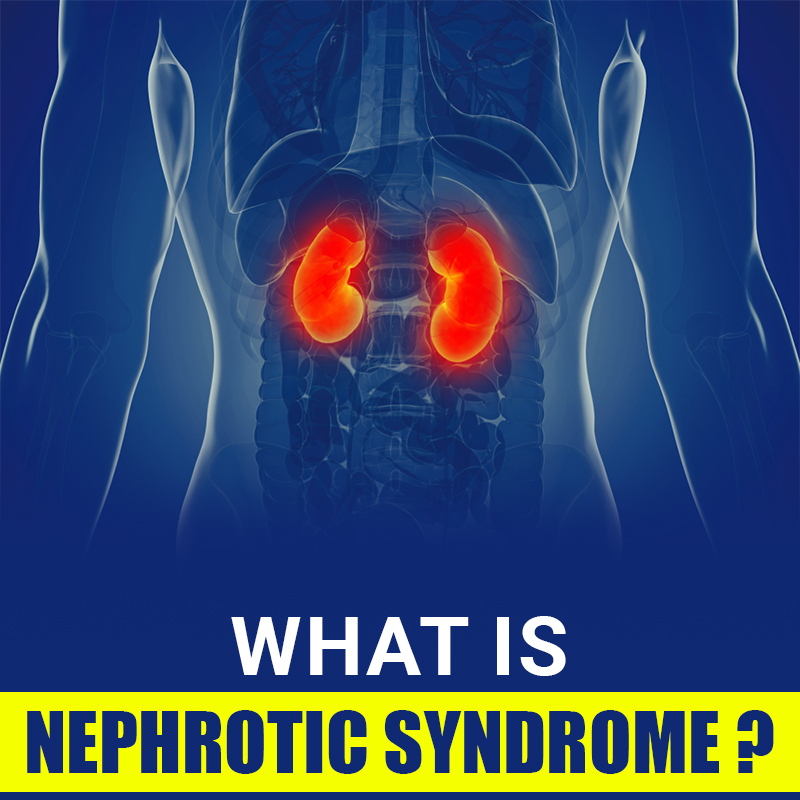What Is Azotemia?
Azotemia is a type of renal disease in which the blood has an excess of nitrogen compounds. Primarily, azotemia can be viewed as a kidney disease caused by an injury or any condition. At this time, the kidneys are not able to get rid of nitrogen waste or other compounds that ought to pool in the bloodstream. Uremia or uremic syndrome develops when this nitrogen buildup brings toxicity to the entire body system.
If not treated, azotemia may lead you to a panoply of morbidities, one being an acute renal failure. Renal failure is the condition of the kidneys in which they become incapable of performing the filtration process.
You can be diagnosed with Azotemia by using the reference of blood and urine tests. The test helps to measure the levels of blood urea nitrogen and creatinine levels and determine if your kidney function is accurate or not. Post diagnosis, you can begin Ayurvedic Treatment For Azotemia in case the test signifies so.
What are the types of azotemia?
The three different types of azotemia:
1. Prerenal
Prerenal azotemia is when there is the loss of fluid through the kidneys, thereby impairing the filtration process. This, in turn, causes serum creatinine to become highly concentrated with other waste compounds such as urea. However, this type of azotemia is easily treatable and causes not so serious complications.
2. Intrinsic
This form of azotemia occurs in response to infection, sepsis, or disease. The most prevalent causative factor to this form of azotemia is acute tubular necrosis.
3. Postrenal
Obstruction in the urinary tract is the prime cause of postrenal azotemia. It may also occur along with prenatal azotemia.
These types of azotemia may have somewhat different treatments, causes, and complications. But one thing for all, each requires a definite treatment such as Ayurvedic Medicines for azotemia.
What are the symptoms of azotemia?
Azotemia occurs when there is a nitrogen waste compound in the blood. As kidney function declines due to various factors, the capacity of the renal to function to its core capacity is reduced. In response to this, waste may sum up in the bloodstream instead of accompanying the urine.
Many a time, patients or individuals do not notice any signs of being having an impaired kidney function until the extreme stage is reached. But unfortunately, by this time, the kidneys have already failed or are near to failure.
The symptoms of azotemia may include:
- Acute Renal Failure
- Acute Kidney Injury
- Loss Of Energy
- Not Feeling Having Interest In Usual Activities
- Loss Of Appetite
- Fluid Retention
- Pain In The Chest
- Nausea And Vomiting
What are the causes of azotemia?
The primary cause of azotemia is the inability of the kidneys to function well. However, the different types of azotemia have different causes linked to them as they are a part of renal failure.
- When fluid flows through the kidneys
- When the urinary tract is obstructed by something or by a rupture
- Infection or disease
- Heart failure
- Uncontrolled diabetes
- Some medications, particularly drugs and steroids
- Advanced age
- history of renal difficulties
- Dehydration
- Exposure to extreme heat
- Severe burns
- Reduced blood flow
- Any injury to the kidney
- Surgeries
Chemotherapy during cancer treatment can also put your kidneys powerfully at the risk of azotemia. As the treatment allows a significant amount of nitrogen-containing byproducts to be released by the cells. It is why the doctor, compulsory checks for the kidneys and ammonia level while giving you cancer treatment. If required, he may try different chemotherapy therapies or medications particularly if this is affecting the kidneys.
Treatment
The treatment of azotemia is dependent on the cause and the progressive stage you are in. The one and best of all is an ayurvedic treatment for azotemia. While other treatments that are used in the line include:
- Dialysis
- Early treatment of postrenal azotemia
- Treatment of the underlying condition or disease
- Intravenous fluids
- Medications
- Changes to your eating habits
- Ayurvedic treatment
Ayurvedic treatment holds the key to rejuvenating kidney function. It primarily involves using herbs and spices in the medicines to bring therapeutic effects on the individuals’ mind and body. Ayurvedic treatment involves making certain changes in the diet and habits, so the kidneys are not burdened and prevented from functioning well.
What are the complications of azotemia?
Those with azotemia can cause multiple morbidities, such as:
- Acute tubular necrosis
- Acute kidney failure
- Loss of pregnancy
- Possible death
- Prerenal azotemia in pregnancy can cause acute kidney injury
It is necessary that you should have regular appointments with your doctor in case you are at risk of azotemia. Your healthcare team will do routine blood and urine tests to diagnose any kidney-related issue. Early diagnosis is the key to getting better in no time. Take ayurvedic treatment for azotemia as necessary.



Comments
Post a Comment